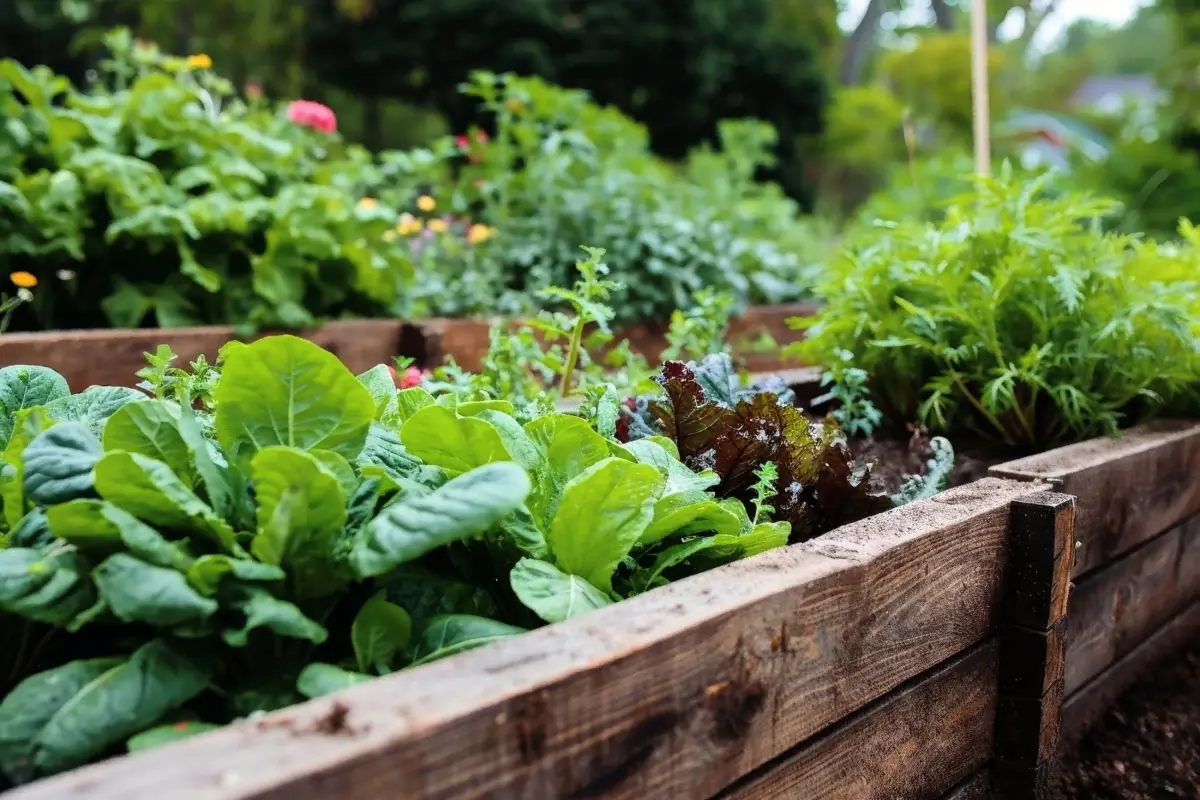Companion Planting: Does It Really Work?

Introduction to Companion Planting
Companion planting is an age-old gardening technique that involves growing different plants together to enhance growth, repel pests, and improve yields. For gardeners in Nashville, TN, this method can offer numerous benefits, making your garden more productive and sustainable.
Benefits of Companion Planting
- Natural Pest Control: Certain plants can repel pests that might otherwise damage your crops. For example, marigolds release a scent that deters nematodes and other harmful insects.
- Improved Growth: Some plant pairings can enhance each other's growth. Beans, for instance, fix nitrogen in the soil, which benefits heavy feeders like tomatoes.
- Better Use of Space: Companion planting allows for efficient use of garden space. Tall plants can provide shade for those that need less sunlight, and ground cover plants can help retain soil moisture.
- Enhanced Flavor and Yields: Some companion plants, like basil and tomatoes, can improve each other's flavor and increase yields when planted together.
Top Companion Plants for Tennessee Gardens
- Tomatoes and Basil: This classic pairing not only improves flavor but also helps repel pests.
- Carrots and Onions: Onions can deter carrot flies, while carrots can help aerate the soil around onions.
- Cucumbers and Radishes: Radishes can deter cucumber beetles, making this an effective combination.
- Corn, Beans, and Squash: Known as the "Three Sisters," these plants support each other's growth. Corn provides a structure for beans to climb, beans fix nitrogen in the soil, and squash covers the ground, reducing weeds.
Implementing Companion Planting in Nashville, TN
- Planning Your Garden: Start by mapping out your garden space and deciding which plants you want to grow. Consider their compatibility and the benefits they can provide to each other.
- Soil Preparation: Ensure your soil is well-prepared with organic matter to support diverse plant growth. Companion plants can thrive in nutrient-rich soil.
- Planting and Maintenance: Follow the recommended planting distances and care guidelines for each plant. Regularly monitor your garden for signs of pest activity and plant health.
Companion Planting Tips for Optimal Growth
- Rotate Crops: Avoid planting the same companion plants in the same spot every year to reduce the risk of soil-borne diseases.
- Use Companion Planting Charts: Refer to companion planting charts specific to the Tennessee climate to make informed decisions.
- Observe and Adapt: Each garden is unique, so observe how your plants interact and be willing to adapt your planting strategy.
Companion planting is a powerful technique for gardeners looking to create a thriving, sustainable garden. By understanding the benefits and best practices, you can make the most of this method and enjoy a bountiful harvest. Embrace the natural synergy between plants and discover the difference companion planting can make in your garden.


